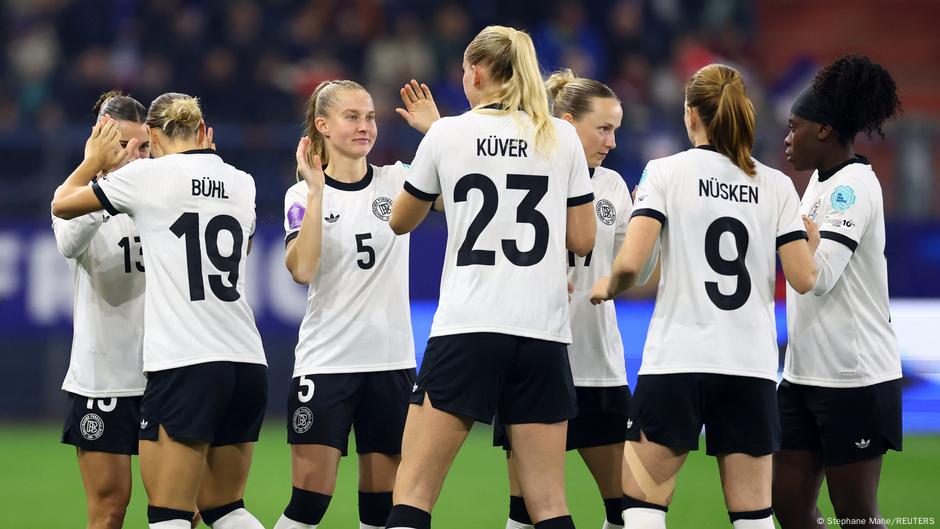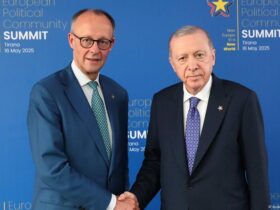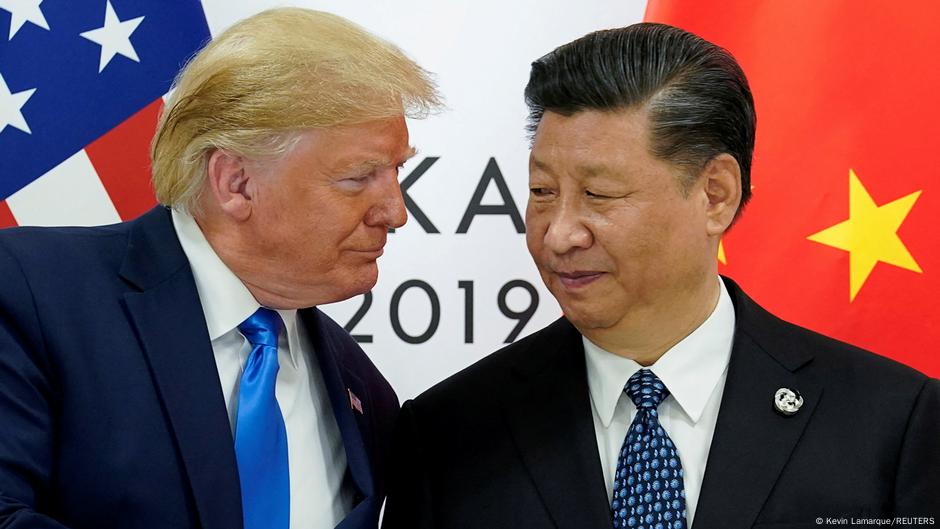Germany advanced to the Nations League final with a 2–2 draw, giving them a 3–1 aggregate victory over France, as Nicole Anomi and Clara Buhl found the net.
Christian Vuk’s side will face World Cup champions Spain in the two-legged final of the women’s football tournament in late November and early December.
This is Germany’s first appearance in the Nations League final since finishing third in 2024. It comes as the German Football Association (DFB) announced last week that they intend to make the largest single investment in the history of women’s football in Germany.
President Bernd Neuendorf confirmed that the federation will provide approximately €100 million ($117 million) to accelerate the professionalization of the Women’s Bundesliga.
talking to a german newspaper Frankfurter RundschauNeuendorf noted that this funding marks a defining moment for women’s sports, economically and structurally.
“The Women’s Bundesliga should be professionalized immediately,” he said. “This is DFB’s largest investment since the construction of the campus.”
“We want to make sure that the Women’s Bundesliga can stand on its own feet in terms of finances, structure and visibility,” Neuendorf said.
A new company to manage the Women’s Bundesliga
The investment is part of a wider reform plan aimed at changing the way the Women’s Bundesliga is organized and marketed.
According to the “Development Plan” of the DFB (development plan) Released in September, the centerpiece of the reform is the creation of a new league company solely dedicated to women’s football.
The new entity will be structured as a joint venture between the commercial arm of the DFB and the newly formed association of Women’s Bundesliga clubs.
It will take responsibility for the league’s operations, marketing and strategic development, allowing women’s football to operate with greater independence and commercial focus than before.
The proposal will be voted on in the DFB Bundestag (General Assembly) in November. If adopted, the league company could begin operations as early as 2026.
Bundesliga clubs will play a financial role
While the DFB will supply the majority of the initial capital, Neuendorf emphasizes that clubs should also be part of the process financially.
Making clear that the responsibility for building a strong league cannot rest solely on the DFB, he added: “The clubs themselves also have to make an important contribution to the process.”
Under the planned model, clubs would play a larger role in commercial and organizational decision-making, with both the federation and clubs investing in and benefiting from the development of the league.
long standing demand for reform
The move follows years of calls from players, coaches and administrators for stronger investment and professional standards in the women’s game.
Despite the global success of the German women’s national team, which has won two World Cups and eight European Championships, the domestic league has struggled to keep pace with international competition. This is especially true compared to England and Spain, where commercialization at the domestic level has proceeded more rapidly.
Although attendance figures and television viewers have seen improvements in recent years, the DFB has acknowledged that the financial and structural gap between men’s and women’s football remains significant.
Increased visibility and marketing initiatives for the Women’s Bundesliga have taken small steps forward in recent years, but Neuendorf’s announcement represents the first major structural reform since the league’s founding in 1990.
Vuk appreciated the investment steps
Women’s national team coach Wouk welcomed the investment, saying that the initiative was necessary to ensure that German women’s football remains competitive at the international level.
“The DFB, together with the clubs, is doing everything possible to take the right steps so that German players remain in Germany,” he said. daily Mirror“So that our league is attractive enough to be on a par with the English and French leagues.”
Forming a separate league company would bring the Women’s Bundesliga in line with the governance model already in place in other major European leagues, such as England’s Women’s Super League (WSL) and Spain’s Liga F.
As Neuendorf summarized, the aim of the investment is to ensure that the women’s game is not considered secondary but an important part of the identity and future of German football.
“This is an investment in the future – in equality, in opportunity and in the growth of the women’s game,” she said.
Edited by: Dmytro Lyubenko






Leave a Reply